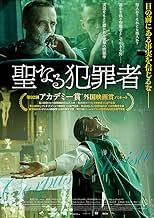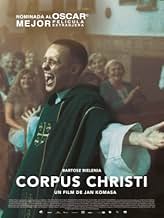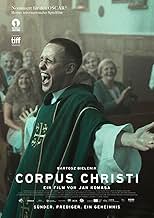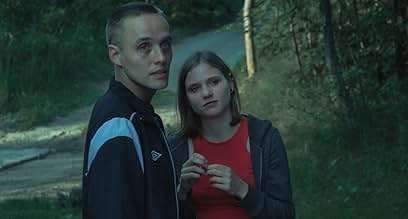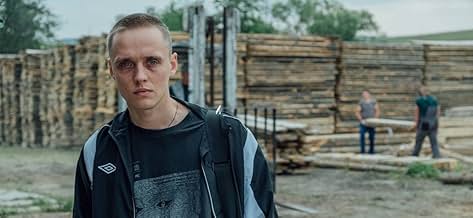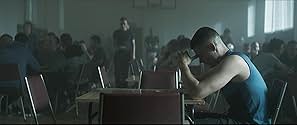"You know what we're good at? Giving up on people. Pointing the finger at them. 'Forgive' doesn't mean 'forget.' It doesn't mean 'pretend nothing happened.' 'Forgive' means 'love.' Love someone despite their guilt. No matter what the guilt is."
Engaging from beginning to end, with a deeply soulful performance from Bartosz Bielenia, the young man who stumbles into impersonating a priest after getting out of juvenile detention. His character brings pragmatic, meaningful spirituality to the town, and tries to help it heal from a tragedy that not only left seven dead, but a woman ostracized. I loved the theme of forgiveness and how hard it is to truly reach this state emotionally, and how it applied to both this poor woman and the imitation priest, who were both in desperate need of it.
The film toes the line between showing religion as a positive influence - making people better individuals and a source of great comfort - and getting a few criticisms in, such as mentioning that it was just a pope along the way who thought celibacy would be a good idea, and "now it's a problem." Mostly though, it shows the power of spirituality to lift people above their baser instincts, and the best moments are those when the young priest wields this power. The scene where he leads a funeral procession down the road and we see the rich mayor washing his car is one of many of this type, and it's stirring.
As much as I liked Eliza Rycembel's performance as a young woman searching for answers in the wake of her brother's death, I wish there hadn't been a growing love between her and the young priest. The film is not without flaws but none of them are too glaring, and director Jan Komasa tells the story well, keeping it engaging from beginning to end. It's solid and one that I'd recommend.

![Watch Trailer [OV]](https://m.media-amazon.com/images/M/MV5BNjE0ZDQ4MDMtOWQzMy00NTUzLWExNzYtOWJlNGExNjBlYzAxXkEyXkFqcGdeQXRyYW5zY29kZS13b3JrZmxvdw@@._V1_QL75_UX500_CR0)

